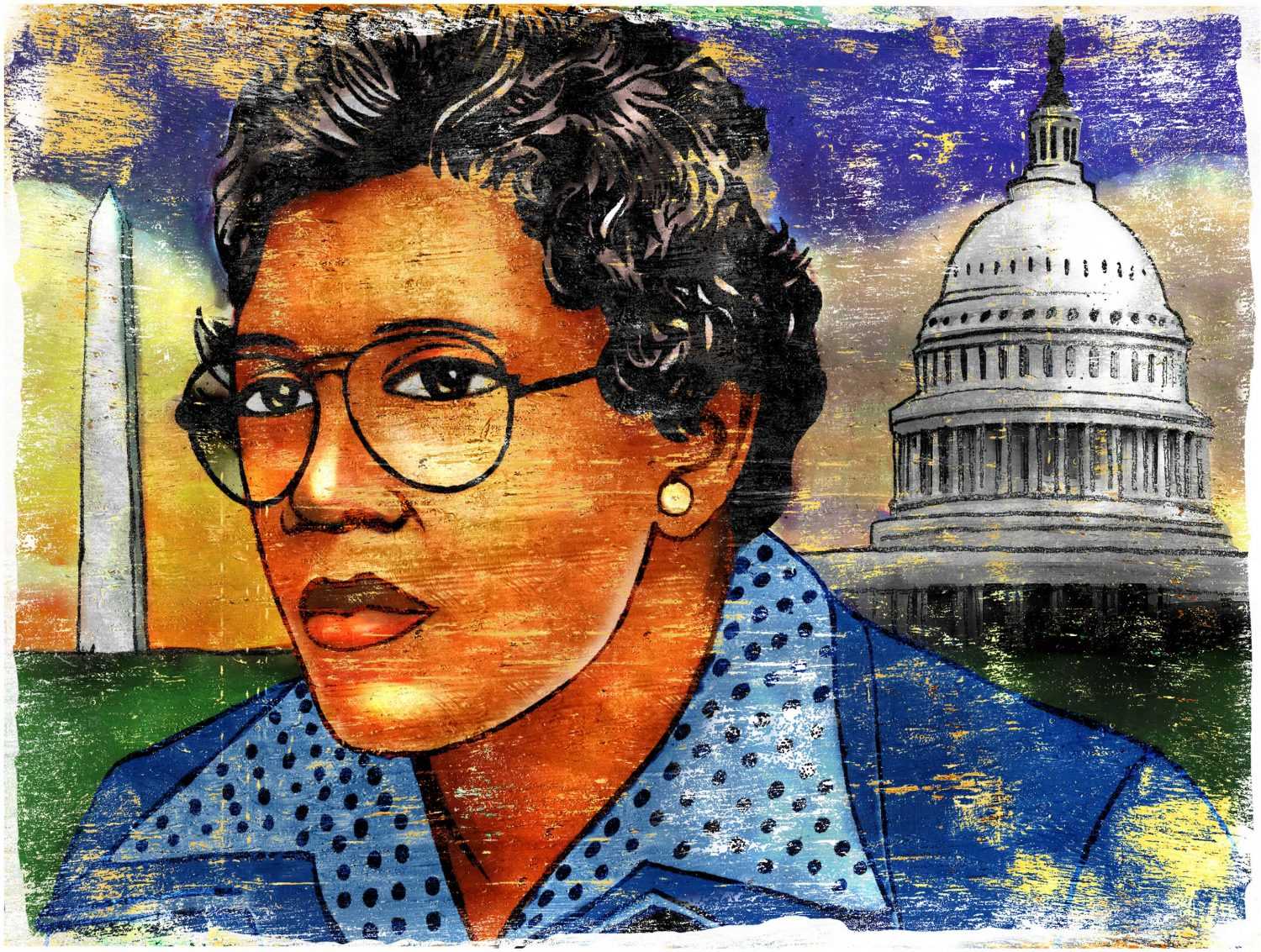Throughout history, women have made exceptional contributions to their societies and have overcome many obstacles to get where they are today.
In 1987, Congress declared the entire month of March as National Women’s History Month.
Along with this declaration, Congress passed additional propositions between 1988 and 1994, which stated that a special Presidential Proclamation should be issued every year, announcing that the month still remains dedicated to women.
“I find that many people aren’t aware of March being a month created to honor women,” said Luis Gonzo, a CSUN political science major. “I think people don’t really respect women. They think that women are weak and helpless, but they aren’t.”
For too long, women have been fighting for their right to be involved in the social, economic, cultural and political aspects of society.
“Women have the rights they have because they fought for them,” Gonzo said. “That says a lot about how strong they are and how they aren’t willing to back down from a fight.”
Despite the clear discrimination and hardships placed in front of women, they have never stopped trying to make a change and create a better life for themselves and generations to come.
“Women have come so far since the 70’s and way beyond that,” Catalina Lee, a marketing alum from Columbia University, said. “They have fought for gender equality, legislative rights and even basic rights like education, job opportunity and so much more.”
During Women’s History Month, many news networks and social media outlets not only give insight into the trailblazers from the past, but also pay tribute to the women that have made an impact on the world, who have not been recorded in the history books.
“It took many decades of determination, blood, sweat and tears, but so many powerful women stood up against the people that continuously told them no and changed the way in which society worked,” Lee said. “Yes, it took a very long time, but without them pushing for change, women today would be worse off.”
The popularity of celebrating women’s history continues to spread as more people are becoming aware of the contributions of women and girls, but not all are reached.
“Personally, I never knew what Women’s Day actually was and I don’t even know why women need a day of empowerment,” Timothy Williams, a CSUN electrical engineer said. “They are just normal people like everyone else. I don’t think they need any special treatment. I mean I’m a guy and we don’t have any special days dedicated to our achievements.”
Although some people aren’t unaware of what the month of March stands for or what it represents to women from past to present, there are still many people pushing for recognition.
People have been involved in spreading news about this month through social media like Twitter and Facebook and schools have also created groups that allow students to be apart of various social movements.
In the past women were told they would never be more than a housewife and that their say didn’t matter in the real world and since then this has changed drastically.
But still one thing that women have never truly been able to defeat are the preconceived notions of what the ideal woman should look like.
In a world that revolves around media, women are now more than ever, being told what to buy, how to dress, and how they should look in order to be accepted in society.
One community service-learning project that has been created to get students involved in challenging the say so of society is Proud2bme_CSUN, which is driven by Barbara Eisenstock, a journalism professor.
“The goal of Proud2Bme_CSUN is to educate, engage, and empower students to use their voices to spread body positivity in the emergent digital culture in order to counteract media messages that normalize unrealistic and unhealthy body ideals for women and men,” Professor Eisenstock said.
With all these expectations brought on women by media and society, women are found pushing themselves to the brinks and doing great damage to themselves, mentally, emotionally and most of all physically.
“Proud2Bme_CSUN started in 2014 when the National Eating Disorders Association (NEDA) launched a national outreach initiative called Proud2Bme On Campus,” Professor Eisenstock said. “NEDA invited my students to collaborate with them to develop resources that promote positive body image and healthy attitudes about food and weight on college and university campuses nationwide.”
Women and even young girls are found engaging in unhealthy exercise routines, taking supplements and even undergoing the knife in order to get the “ideal body.”
To help foil media’s role in creating unrealistic body standards, organizations and resources are set up on college campuses that hold events in order to reach out to students and supply them with the tools they need to be empowered.
“We have two main campus events to spread body positivity. One is in February for National Eating Disorders Awareness Week and the other is in November for National Media Literacy Week,” Professor Eisenstock said. “We are also collaborating with the Theater Department to create live performance pieces of blog posts my students have written that are featured on the Proud2Bme.org website.”
Students are encouraged to join organizations on campus such as Proud2Bme, Joint Advocates on Disordered Eating and visit the Women’s Research and Resource Center.
Other ways to get involved in taking a stand against body shaming is to red flag negative media messages and boycott buying specific products that promote unrealistic ideals.
Students should also give praise by spreading the word on social media about the people and companies that are celebrating positive body images and promoting healthy, natural looks.
“You should never let media define who you are or alter the way in which you think of yourself,” Jackie Sanchez, a CSUN kinesiology major said. “Block out the negativity that social media can bring and stand strong against the noise.”
Visit www.WomensHistoryMonth.gov to learn more about the generations of women who have left imprints on our history.
Visit www.BeMediaLiterate.com and www.Proud2Bme.org for more information on events and tools you can use to become more media literate.






